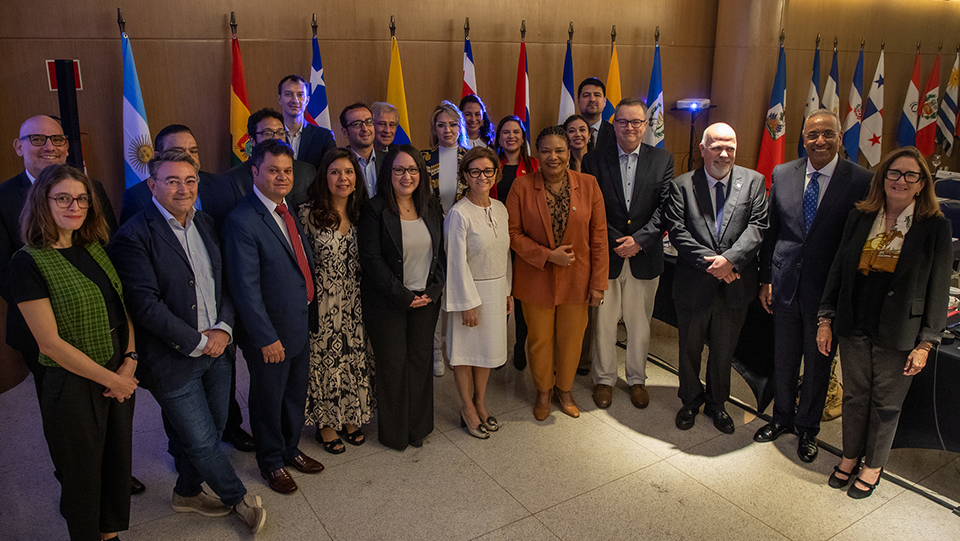Brazil hosts course for heads of copyright offices in Latin America
May 20, 2024
From May 6 to 9, the capital of Brazil welcomed authorities from copyright offices of 17 Latin American countries to participate in the Executive Program on Advanced Aspects of Copyright and Related Rights in Latin America, organized by the World Intellectual Property Organization in conjunction with the Secretariat of Copyright and Intellectual Property (SDAI) of Brazil. The course promoted high-level strategic reflections, deepening the understanding of emerging trends and the challenges faced by copyright offices in the digital environment.

It was 3 and a half days of extensive learning and high-level discussions. The topics covered ranged from limitations and exceptions to copyright to the challenges that disruptive technologies and the digital age, as artificial intelligence, impose on the infrastructures and protection of copyright.
At the program's opening session, Brazil's Minister of Culture, Margareth Menezes, highlighted the importance of the Global South countries, which include Latin America and the Caribbean, in asserting the diversity and multiplicity of their cultural production and the strength of their economies and presence on platforms, social networks, and music and video applications to assert their rights and interests in the face of the challenges that the digital environment, with large platforms predominantly in the Northern Hemisphere, presents.
According to the 2024 report by the International Federation of the Phonographic Industry (IFPI), Latin America showed a growth of 15.9%, and streaming was responsible for 81.4% of the music sector's revenues in the region.
With the significant growth of the music sector in Latin America, the exchange of knowledge and strategies provided by the course is crucial for continuous adaptation and innovation in copyright protection. This event reaffirms the commitment of Latin American countries to safeguard and maximize the creative value and economic remuneration of its creators, to strengthen their copyright and related rights policies, promoting more effective protection adapted to new digital challenges.